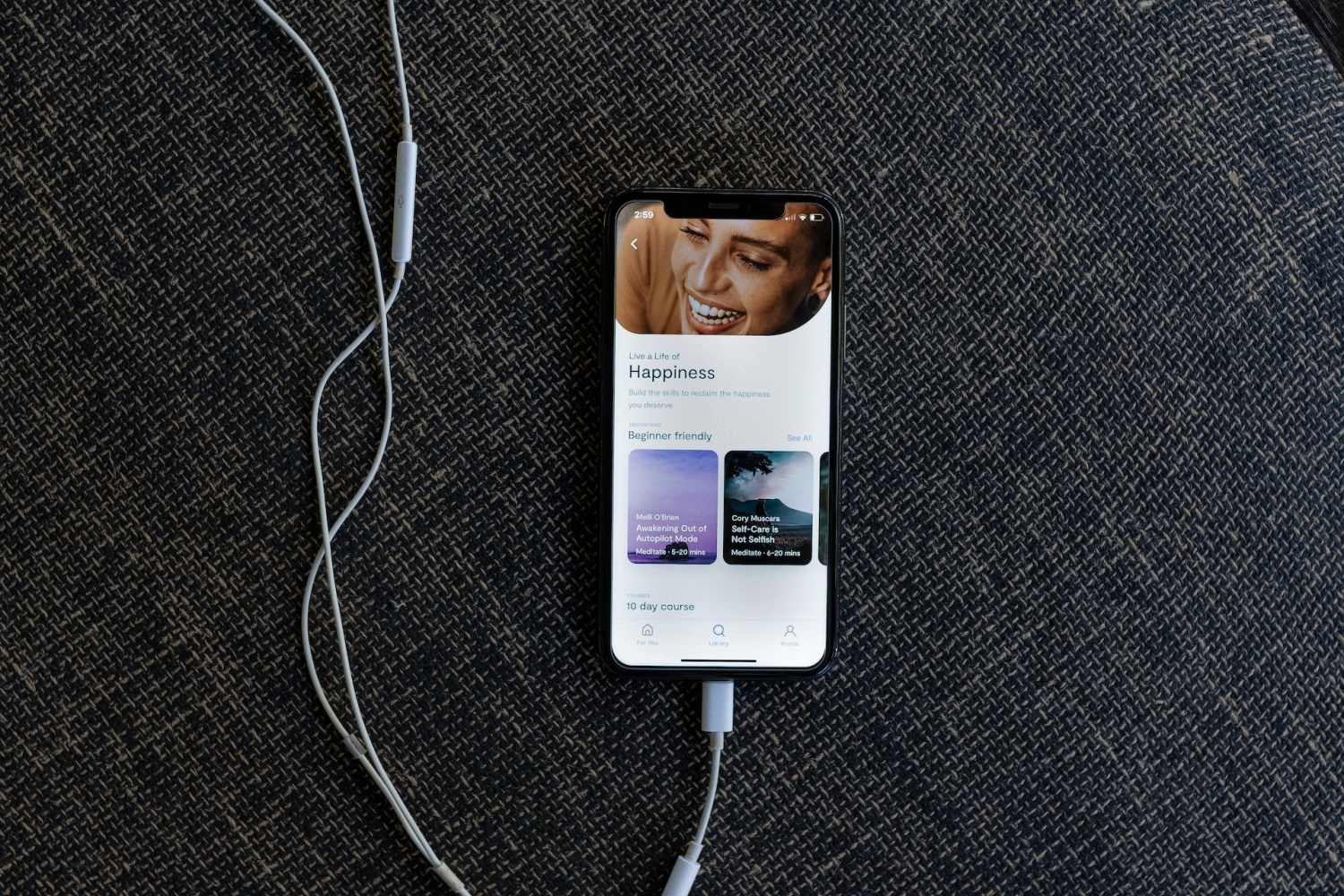Mental Health
California Goes Big on Mental Health Apps for Youth

(Photo : Mindfulness Com / Unsplash)
California quietly unveiled two apps at the dawn of the year, offering complimentary behavioral health services to young individuals, aiding them in navigating challenges ranging from anxiety to body image issues.
Accessible via smartphones, BrightLife Kids and Soluna connect young users, and in some cases caregivers, with coaches specializing in various areas including peer support and substance use disorders.
These virtual counseling sessions, lasting approximately 30 minutes, cater to individuals with mild needs, typically lacking a clinical diagnosis. The apps also feature self-guided activities such as white noise sessions and guided breathing exercises to facilitate relaxation.
Governor Gavin Newsom's administration sees these apps as a vital component in expanding access to mental health support for California's youth, particularly in regions lacking in-person behavioral health resources.
The initiative, part of a broader $4.7 billion plan to enhance youth mental health, aims to bridge gaps in mental health care, especially in underserved areas, Capradio reported.
"We believe they're going to have not just great impact, but wide impact across California, especially in places where maybe it's not so easy to find an in-person behavioral health visit or the kind of coaching and supports that parents and young people need," said Gov. Gavin Newsom's health secretary, Mark Ghaly, during the Jan. 16 announcement.
However, the rollout has faced hurdles. Despite significant investment, only a fraction of the state's youth have engaged with the apps, prompting concerns from advocates and lawmakers. Questions linger over the efficacy of investing taxpayer funds in private companies and the ability of non-licensed coaches to identify individuals needing clinical care.
"It's fair to applaud the state of California for aggressively seeking new tools," said Alex Briscoe of California Children's Trust, a statewide initiative that works to improve the social and emotional health of children.
"We just don't see it as fundamental. And we don't believe the youth mental health crisis will be solved by technology projects built by a professional class who don't share the lived experience of marginalized communities."
Moreover, the apps' availability remains limited, with one app not yet accessible on Android devices and both companies struggling to gain traction among school counselors and mental health professionals. Critics argue that while the initiative demonstrates innovation, it may not adequately address the complex challenges faced by youth, particularly those from marginalized communities.
The state's commitment to the apps, evidenced by the sizable contracts with the operating companies, raises concerns about long-term financial sustainability, especially amid projected deficits. As the state endeavors to address the youth mental health crisis, stakeholders remain divided over the effectiveness and viability of app-based interventions in mitigating mental health challenges among California's young population.









Join the Conversation